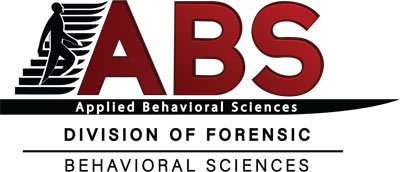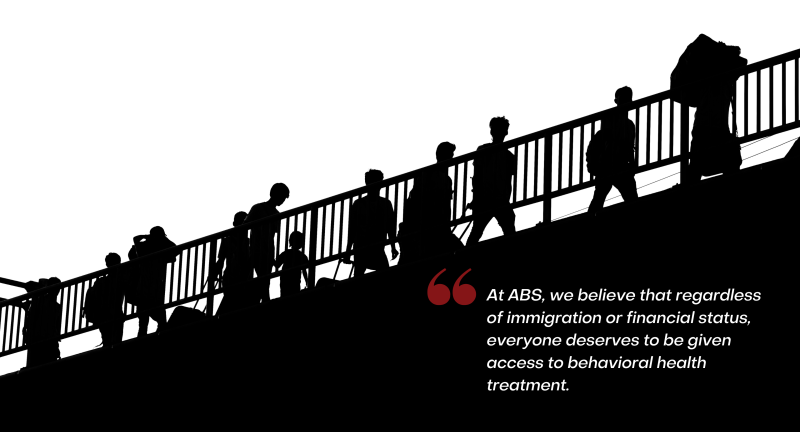
Behind the Wheel – The Unseen Fight Against DUI
We can make a difference with a simple act of courage or care, saving a life from danger.
The statistics are sobering – every 45 minutes, someone in the United States dies in a drunk driving-related crash. Behind these numbers lies immense grief and suffering. How to prevent the senseless loss of life and help every person arrive home safely?
The Struggle is Real
DUI incidents inflict profound personal, communal, and societal wounds. Survivors are often left with severe emotional trauma, disability, or lost loved ones. Yet many suffer silently, too ashamed or pained to speak out. This isolates victims when community support is most needed during the healing process. Meanwhile, drunk driving crashes cost the U.S. over $50 billion annually from medical expenses, legal costs, lost productivity, and property damage.
Despite increased public awareness, drunk driving still accounts for nearly one-third of all traffic fatalities nationwide.
Consequences of DUI
Beyond the obvious risk of causing grave physical harm or death, DUI convictions carry severe legal and personal consequences spanning years – all entirely avoidable with proper planning. Legally, offenders face:
- License suspension
- Ignition interlock device installation
- Fines up to $10,000
- Jail time
- Those who injure or kill someone while intoxicated face catastrophic emotional trauma and lengthy imprisonment for vehicular manslaughter.
DUI charges also:
- Limit future job prospects
- Restrict personal freedoms
- Lead to social stigma
- The impacts resonate for years, choosing to drive impaired ones that should never be taken lightly.
Challenges and Potential Solutions
While resources exist for rehabilitation, eliminating drunk driving remains an unfinished agenda. Counseling and therapy can be prohibitively expensive and waitlists for free/low-cost programs are often extremely long. Additionally, the social stigma surrounding addiction issues creates barriers – offenders may feel too ashamed or hopeless to acknowledge their struggles.
Many also lack awareness of the available options, continuing risky behaviors like drunk driving. Expanding access through funding help programs, delivering public education destigmatizing treatment, and promoting services could encourage more people to pursue help. Removing obstacles around rehabilitation can put redemption within reach for many.
Seeking Help, Saving Lives
Driving under the influence is frequently a manifestation of underlying personal challenges related to addiction, which necessitate professional assistance. Several resources exist to help offenders achieve behavioral change through rehabilitation programs and counseling. These services connect people facing substance abuse challenges and provide tools to work through issues collectively. Local community health centers may offer affordable therapy options as well.
Conclusion
Seeking help benefits more than just the individual – it saves lives lost needlessly through drunk driving when addiction problems persist untreated. By acknowledging alcoholism and getting support, offenders gain tools to establish new patterns, becoming part of the ‘Vision Zero’ solution. There is always hope for change if one has the courage and willingness to redeem themselves. Getting assistance can help break the dangerous cycle of addiction and drunk driving.
Related Posts
Undocumented Immigrants with Behavioral Health Issues Left Untreated
An estimated 45% to 71% of the 11.3 million undocumented immigrants...
Anger Prevention Series – Ep 3 Feel What’s Real – Don’t Mask Emotions with Anger
https://youtu.be/kwq69lMwF9I?si=Aa2dG4lfHXw0fYWD Anger often looks...

